 Navigation
Navigation
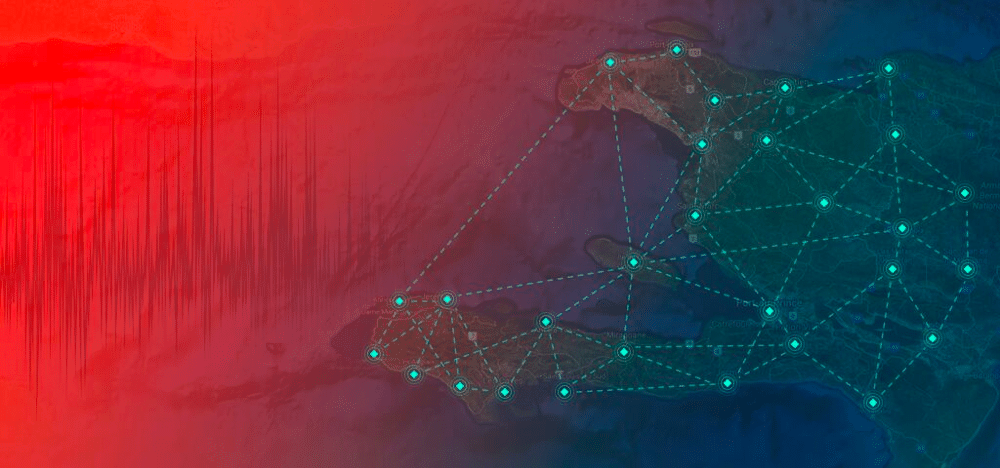
How Blockchain Can Help Haiti Recover
|
|
I was fortunate enough to attend this year’s Summit at Sea, a remarkable three-day gathering of 3,000 people on a cruise ship. It’s rare for me to meet people socially who are familiar with my work, but at Summit I heard three or four conversations per day about blockchain, often between people who don’t work in tech. It was encouraging for me and my colleagues at ConsenSys to find our field on the minds of the larger entrepreneurship community.
Another pleasant surprise was the “blockchain for social good” meet-up, where we had the chance to speak with the former Prime Minister of Haiti, Laurent Lamothe. Laurent shared his account of the 2010 earthquake; it was strikingly different from what I’d read in the media.

According to the Haitian government, the 7.0 magnitude quake killed over 200,000 and damaged an enormous amount of property. To Haiti, one of the smallest economies in the Western hemisphere, this was an insurmountable setback. Humanitarian groups circled and pledged to help, grabbing headlines with claims to have raised millions, but in the end, the aid money never came.
As a tech savvy prime minister with a background in entrepreneurship, Laurent began exploring technological solutions to the crises his country was facing. His search led him to blockchain and to our organization, so we sat down together and thought of some ways we can help.
Move land registries to the blockchain
Before the earthquake, Haiti depended on paper documents for just about everything. These documents were stored in municipal buildings, many of which were destroyed in the disaster.
Without paper files, there was no way to determine who owned what. When Haiti tried to reconstruct its land registries, each piece of property was claimed by many competing people. Needless to say, the inability to maintain property ownership through a natural disaster hurts public confidence in the government and economy.
This problem isn’t unique to Haiti. Almost every country, including the United States, to some degree relies on paper records that aren’t backed up digitally. The central buildings where these physical documents are housed are vulnerable to accidents, attacks and natural disasters. Relatively easy to forge, paper documents are susceptible to fraud and tampering. A corrupt regime can change a nation’s history by falsifying documents.
Simply computerizing the records, while an advantage over paper records, lacks significant benefits that would be achieved with blockchain technology. The computerized records and backup would have many of the same flaws the paper documents had. Every time a deed of ownership transferred it would entail a manual process, susceptible to the same error, fraud, and inefficiencies that are hazards in paper record updates. Ownership of property represented by a blockchain token enables simple, error-free, and non-repudiable transfer of ownership, conceptually as simple as sending a dollar through PayPal.
This will make titleholders feel more secure in their property and confident they can pass it down through generations. If Haiti started to put its land registry on the blockchain today, it would leapfrog the computerization efforts of wealthier countries and join the ranks of the most technologically elite administrations in the world. For example, Estonia, Georgia, and Honduras are exploring various blockchain implementations, and the United Arab Emirates has too, announcing ambitious plans to run all of Dubai on the blockchain by 2020.
Haiti could leapfrog centralized computation architectures the way that many developing nations leapfrogged copper telephone lines, moving straight into wireless technology without spending capital on technology that was already becoming obsolete.
Make aid spending transparent
A tragic part of Laurent’s story concerns the Red Cross. The Red Cross is one of the largest humanitarian aid organizations in the world. Naturally, when the earthquake hit Haiti, it very publicly raised $500m in funds to help with reconstruction.
According to Laurent, then Haiti’s prime minister, the funds never made it to the island. He brought a delegation to meet with the Red Cross in New York. The organization’s representatives were unable to explain where the $500 million had gone. When Laurent pressed them, they said maybe they could scrape together $1 million to send his government.
No matter where the $500 million went, what happened in Haiti is worrisome. Humanitarian groups often face allegations that they aren’t using money well, which damages their reputations whether justified or not, this deters generous people from donating. Blockchain offers an interesting solution here for rebuilding trust in charitable groups.
Today it’s hard to track how charities spend the money they raise. But using blockchain crowdfunding tools like WeiFund, groups can raise money transparently for public good projects. Then, blockchain governance tools such as Boardroom can democratize the process of fund allocation by allowing donors to directly vote on how money gets spent. Finally, blockchain general ledger tools like Balanc3 will show donors where each bit of value goes, ensuring that their votes from Boardroom translate into money spent on desired initiatives.

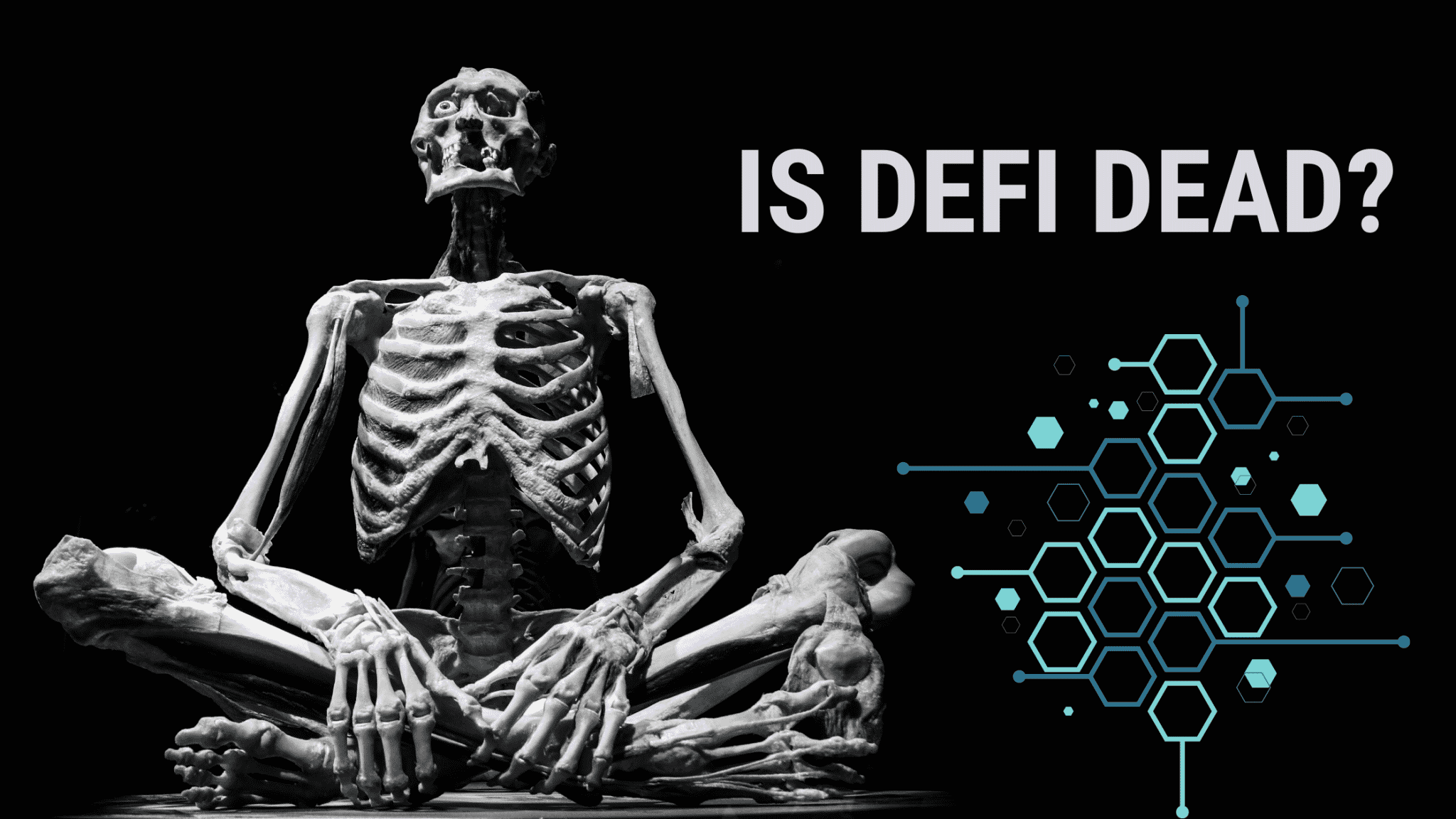

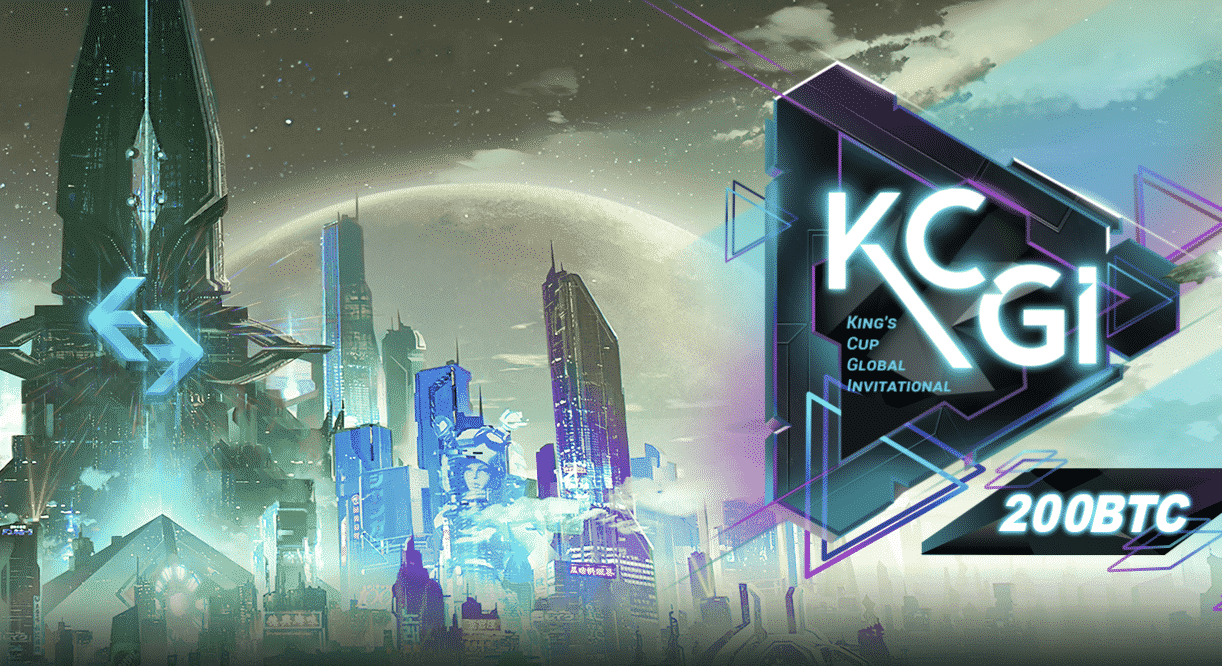
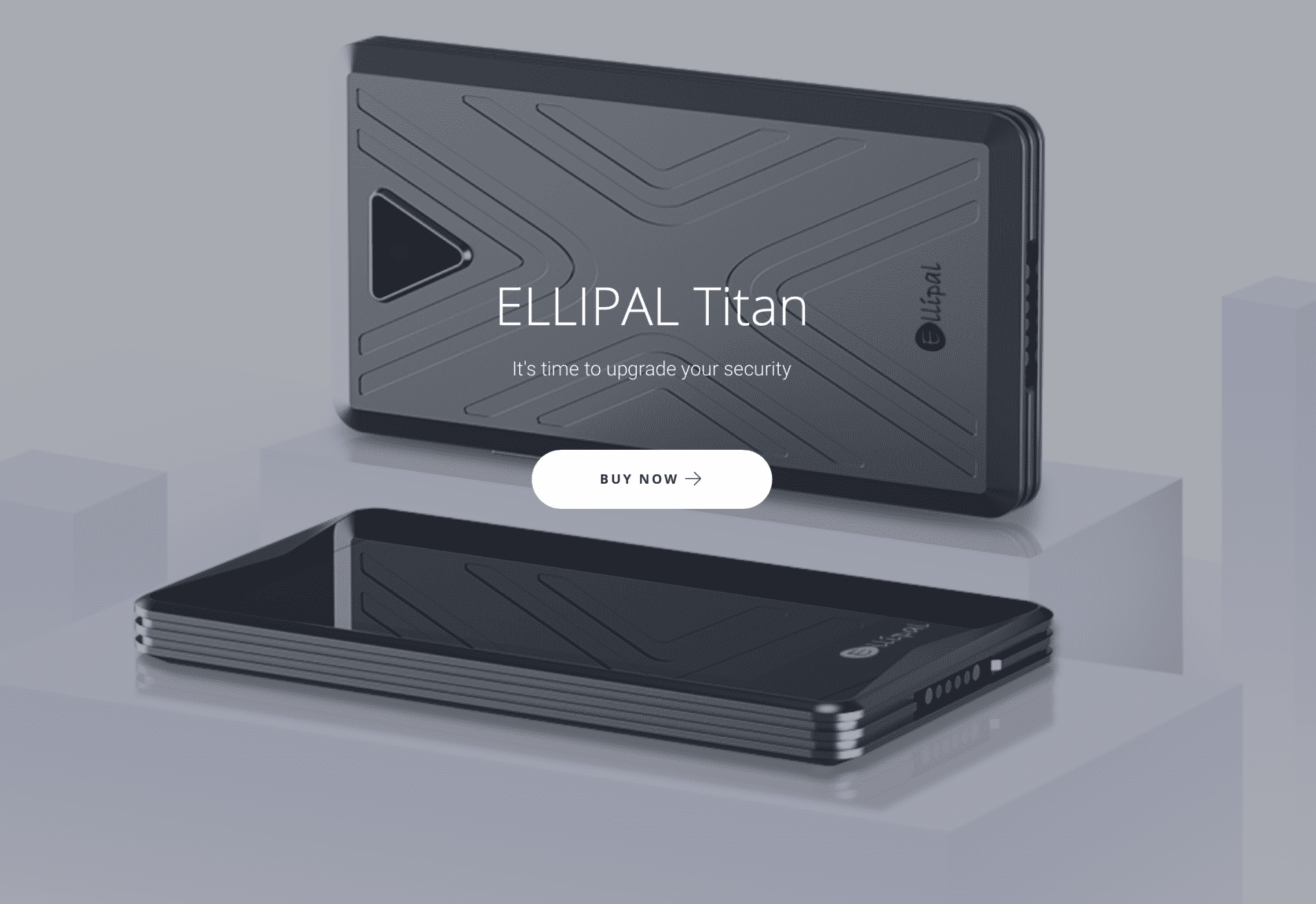
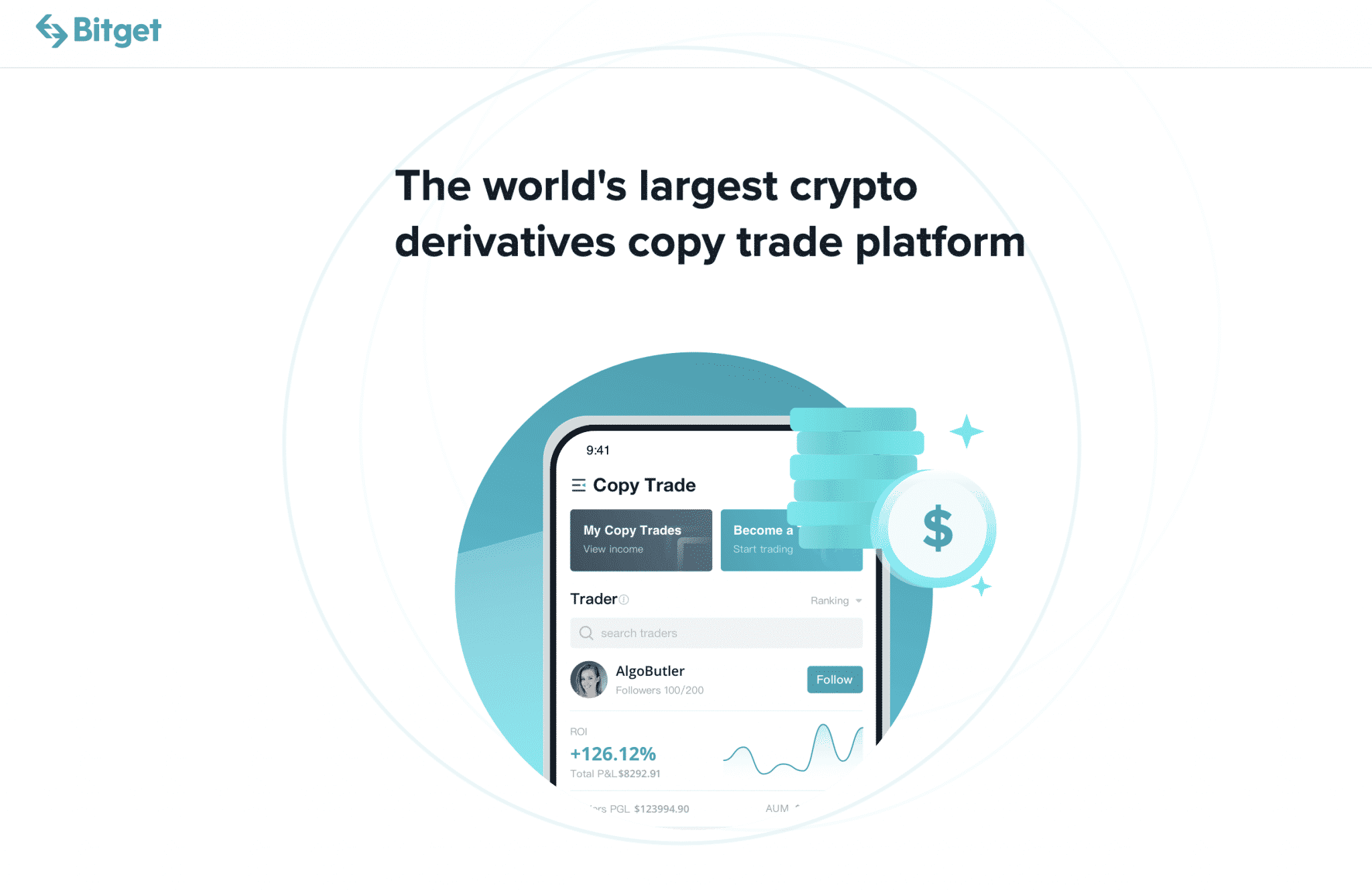
500 million lost?!/misallocated?!/vanished?! Damn
500 million lost?!/misallocated?!/vanished?! Damn
500 million lost?!/misallocated?!/vanished?! Damn